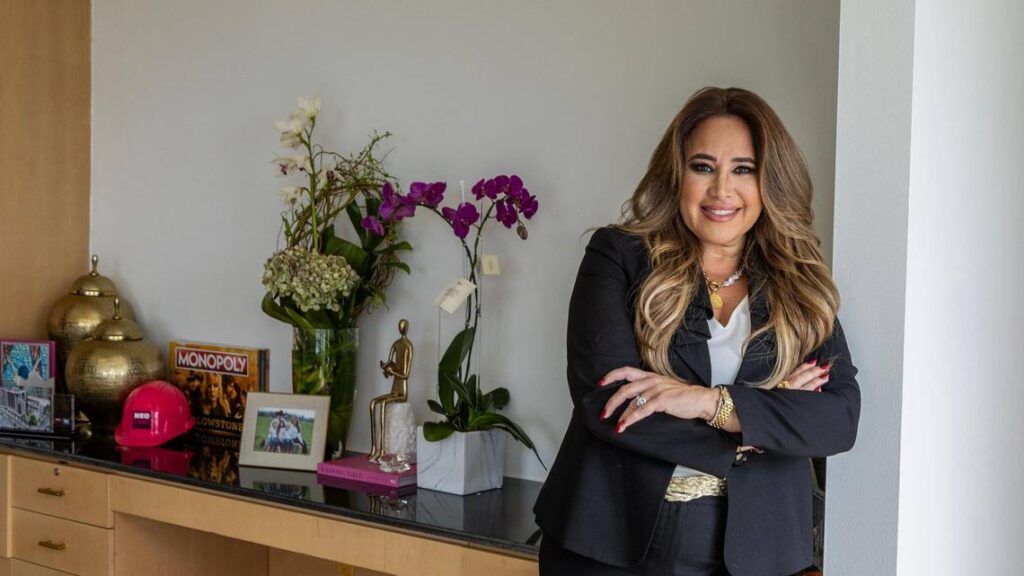IN THE
NEWS

‘Queen of the Miami River’ moves to Coconut Grove to build next stage of real estate career
- 10/29/2023
Source: Miami Herald
One of Miami’s few female real estate developers charts new territory, by making a recent move that brings her full circle in her career and sets her up, she thinks, to build a new Miami.
Neology Life Development Group CEO Lissette Calderon, 49, relocated her company to Coconut Grove. She found a Bayshore Drive office for her team of 20 employees that’s three times the size of her company’s former home on the Miami River. It’s the right size, she said, to add 10 more people to her team, before the end of the year, in preparation for developments in the pipeline.